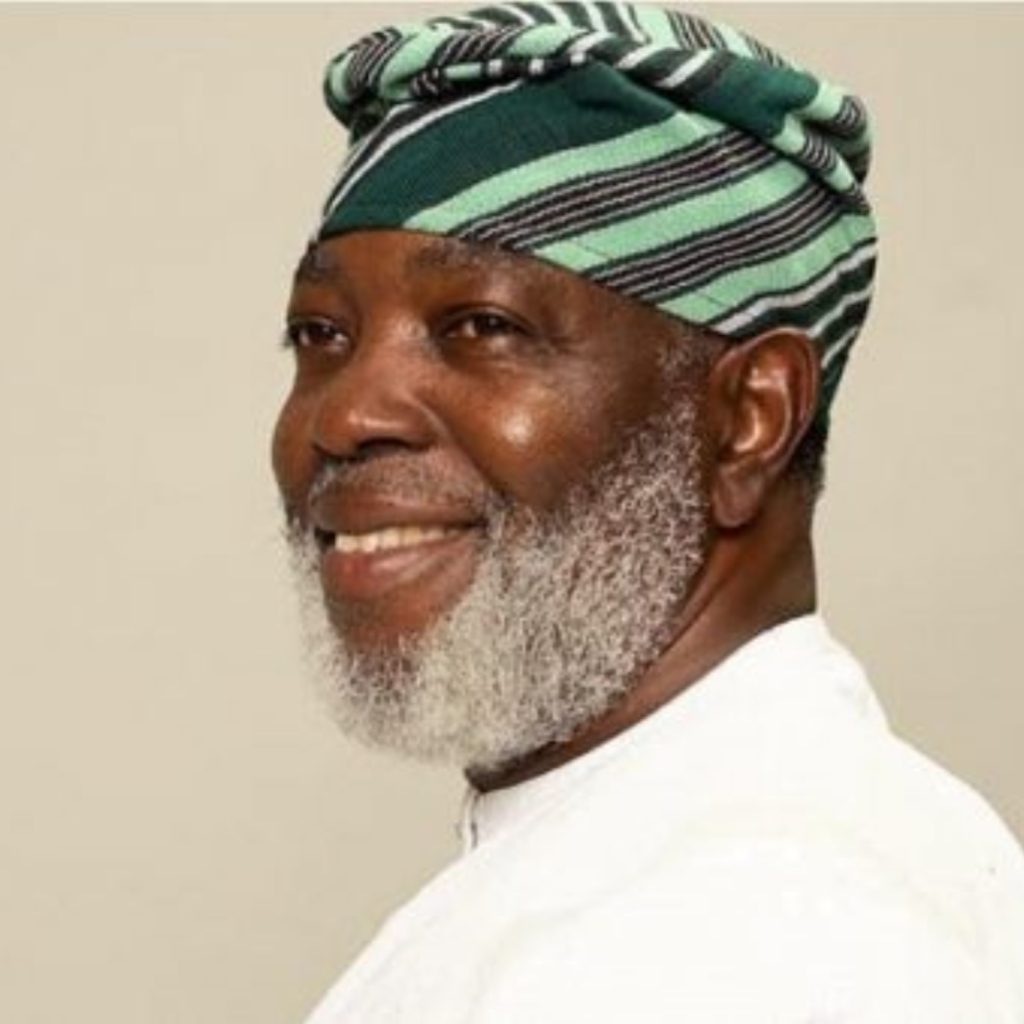Nigerian Actor Jim Iyke Sparks Controversy with Comments on Single Mothers Raising Sons
In a recent interview with Okay 101.7 FM in Accra, Ghana, renowned Nigerian actor Jim Iyke has ignited a heated debate with his assertion that single mothers are incapable of raising their sons into “proper men” without the presence of a male figure.
Iyke argued that women, by their natural disposition, are inclined to nurture and love, but lack the inherent ability to provide the necessary discipline and guidance required for a boy to mature into a well-rounded individual. According to him, a single mother’s efforts would only result in raising a “weak man” who emulates the men that abandoned his family.
“A woman can’t raise a man. You need a male influence – go get your brother that’s doing well or your father or even any man that you trust,” Iyke stated emphatically. “There has to be a male presence in it [raising a boy child].”
The actor further emphasized the importance of having a male figure in a young boy’s life, asserting that they need someone who can discipline them, set boundaries, and push them to excel. “You need somebody that would tell him ‘No’ as often times as possible, and put him in the grind,” Iyke explained.
Iyke’s comments have been met with both praise and criticism, sparking a national conversation about the role of single mothers in shaping their sons’ destinies. While some agree that a male influence can have a positive impact on a young boy’s development, others have condemned Iyke’s statement, labeling it as derogatory and dismissive of the efforts of single mothers.
The controversy surrounding Iyke’s remarks serves as a reminder of the ongoing societal debates surrounding family dynamics, parenting, and the importance of male and female influences in child development. As the conversation continues, one thing remains certain – Iyke’s statement has shone a spotlight on the challenges faced by single mothers and the need for a more nuanced understanding of their roles and contributions in shaping the next generation.
In a society where traditional family structures are evolving, and single-parent households are becoming increasingly common, Iyke’s comments underscore the need for ongoing discussions about the complexities of parenting and the value of diverse family configurations. As the world grapples with these pressing issues, Iyke’s provocative statement has undeniably contributed to a necessary conversation about the intricacies of human relationships and the vital role of parenting in shaping the world we live in today.



